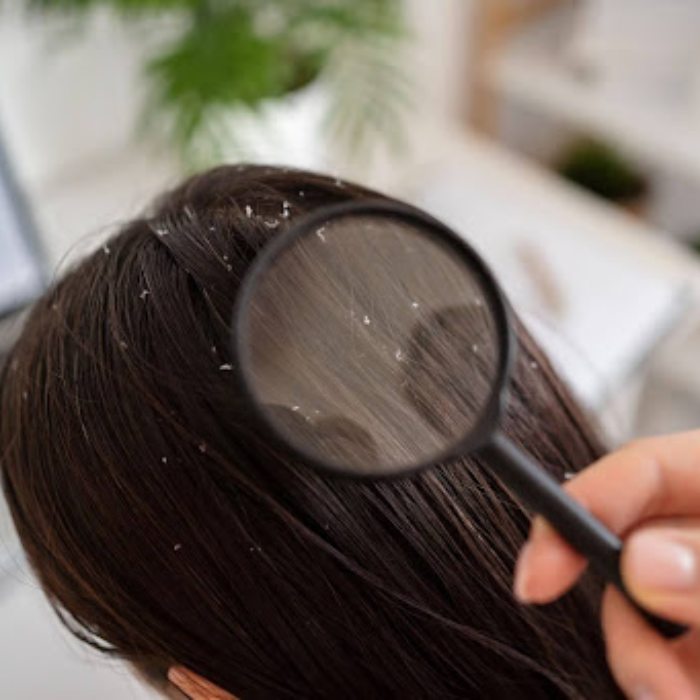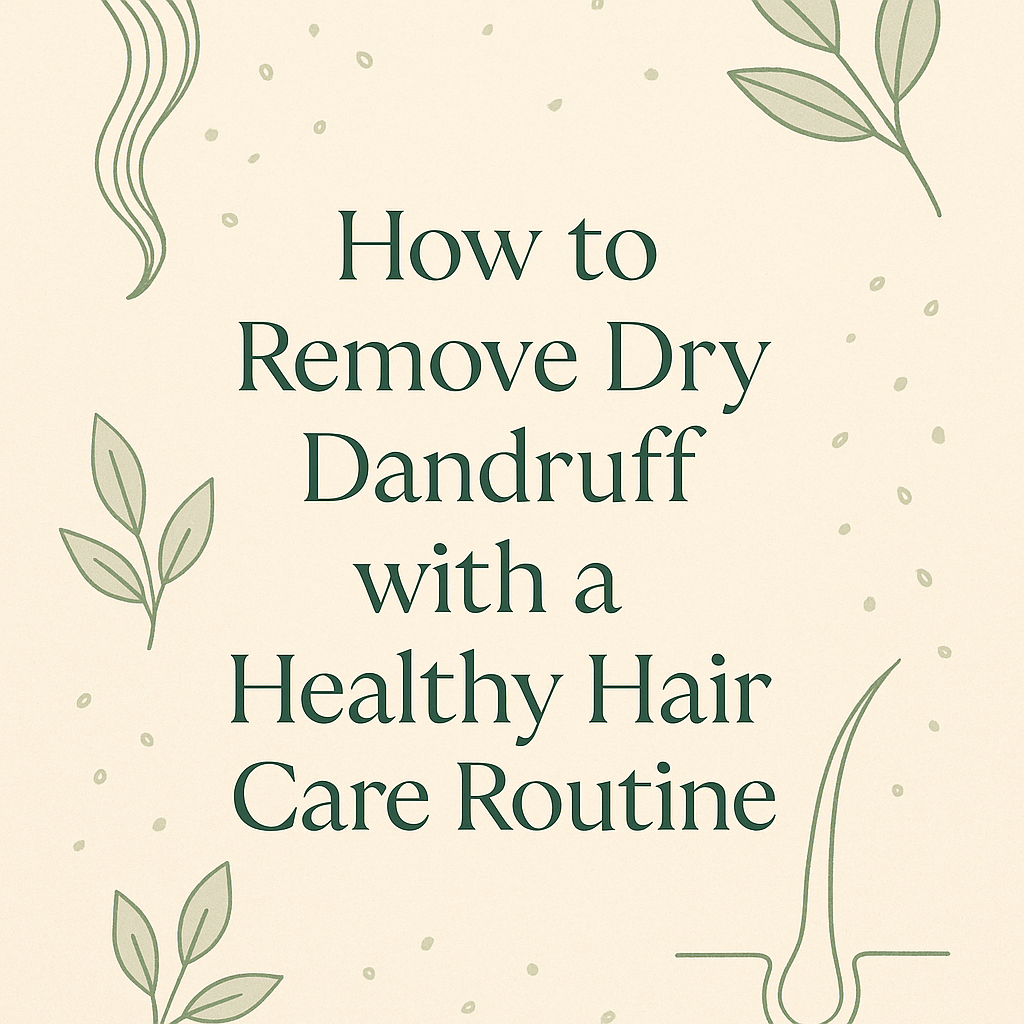How to Repair Damaged Hair at Home: 10 Easy Treatments
Is your hair dry, rough, and lacking shine? You’re not alone. Many of us face damaged hair from heat styling, chemicals, sun exposure, or just everyday wear and tear. The good news is you don’t need a salon visit every week. With a simple, at-home routine and the right products, you can bring your locks back to life.
What Is Damaged Hair?
Damaged hair happens when the protective cuticle layer (think shingles on a roof) lifts or cracks. This lets moisture escape, causing:
-
Split ends
-
Excessive dryness
-
Frizz and tangles
-
Dull, lifeless strands
Once you know what you’re dealing with, you can choose the right treatment for damaged hair and make a plan to restore shine.
Tailoring Treatment to Your Hair Type
Every head of hair is different. Here’s how to tweak these damaged hair treatments based on your hair:
-
Curly or Coily Hair
-
Use heavier oils (avocado, shea butter) to lock in moisture.
-
Try a wide-tooth comb on soaking-wet hair to avoid breakage.
-
-
Straight or Fine Hair
-
Choose lightweight formulas (argan oil, hydrolyzed silk protein).
-
Limit heavy masks to once a week to avoid limp roots.
-
-
Thick or Coarse Hair
-
Seal ends with a leave-in cream to keep strands smooth.
-
Deep condition weekly.
-
-
Colour-Treated or Chemically Processed
-
Look for bond-building proteins (keratin, collagen).
-
Space out colour services by at least 8–10 weeks to reduce damage.
-
Scalp Care for Damaged Hair
Healthy hair starts at the scalp. If your roots are dry or flaky, no amount of oil or mask can fully restore your strands.
-
Gentle Scalp Massage
-
Use fingertips to rub in a few drops of jojoba or curry leaf oil.
-
This boosts blood flow and helps nutrients reach hair follicles.
-
Exfoliation
-
Once a month, use a seaweed or oatmeal scalp scrub.
-
Rinse well to remove buildup and let your scalp breathe.
-
Read our full guide on Hair Mask for more tips.
-
Sulfate-Free Cleansing
-
Switch to a gentle, sulfate-free shampoo to avoid stripping natural oils.
-
Massage only the scalp; let the suds cleanse the lengths as you rinse.
Top 10 Ways to Treat Damaged Hair at Home
-
Regular Trims for Split Ends
No mask can fully reverse split ends. Trim every 8–12 weeks to keep hair looking neat and prevent splits from traveling up the strand. -
Deep Condition Weekly
An at-home mask packed with keratin, shea butter, or hydrolyzed protein can restore moisture. Apply on damp hair, leave 20–30 minutes (or overnight), then rinse. -
Protein Treatments Monthly
Use a protein mask with wheat protein, collagen, or amino acids once a month. This rebuilds the hair’s inner structure without making it brittle. -
Natural Oils as Pre-Wash
Coconut, olive, argan, or jojoba oil penetrate deep into the shaft. Massage a small amount into dry hair for 30 minutes or overnight, then shampoo as usual. -
Minimise Heat Styling
Give your tools a break. If you must heat style, apply a heat protectant, use the lowest setting, and limit styling to 1–2 times per week.
-
Change Your Washing Routine
Washing too often removes life-giving oils. Aim for every 2–3 days, use lukewarm water, sulfate-free shampoo, and always follow with conditioner on mid-lengths to ends. -
Nighttime Protection
Cotton pillowcases cause friction. Switch to silk or satin, wrap hair in a silk scarf, or sleep with a loose braid to reduce tangles and breakage. -
Use Leave-In Treatments Daily
A light leave-in conditioner or a drop of hair oil on damp locks seals the cuticle, protects against sun and pollution, and makes hair easier to comb. -
DIY Hair Masks
Simple kitchen ingredients can work wonders. Try these mixes once every two weeks: -
Avocado + Honey + Olive Oil for deep moisture
-
Yoghurt + Banana + Honey for protein and softness
-
Egg + Mayonnaise + Olive Oil for strength and shine
-
Boost from Within
No external fix can fully replace good nutrition. Eat more: -
Lean protein (eggs, fish, beans)
-
Omega-3s (flaxseed, walnuts)
-
Biotin, Vitamins A, C, D, E, Zinc (from leafy greens, nuts, seeds)
Always talk to your doctor before starting supplements.
What to Expect When Repairing Damaged Hair: A 4–6 Week Roadmap
|
Week |
Focus |
Result |
|
1–2 |
Trim split ends + oil pre-wash |
Hair feels smoother, less frizzy |
|
2–3 |
Deep condition + scalp scrub |
Improved shine & scalp health |
|
3–4 |
Protein treatment + leave-in |
Strength builds, less breakage |
|
4–6 |
Maintain routine + trim if needed |
Noticeable softness & manageability |
Stick with this plan, and by week 6 you should see softer, shinier, and more resilient hair.
Prevention: The Best Hair Care Routine for Damaged Hair
Prevention beats repair every time. For a best hair care routine for damaged hair, remember to:
-
Shield from UV with a hat or UV spray
-
Rinse hair before and after swimming to remove chlorine
-
Detangle gently with a wide-tooth comb
-
Space out chemical services (colour, perm)
-
Pat dry with a microfiber towel; avoid rubbing
-
Choose ammonia-free dyes and gentler styling products
For more tips on how to repair damaged hair at home and maintain healthy locks, check out our hair oil collection and visit an expert source like Healthline’s guide to hair damage.
Your hair deserves easy, gentle care. Follow these steps, and in a few weeks you’ll see the shine return.







